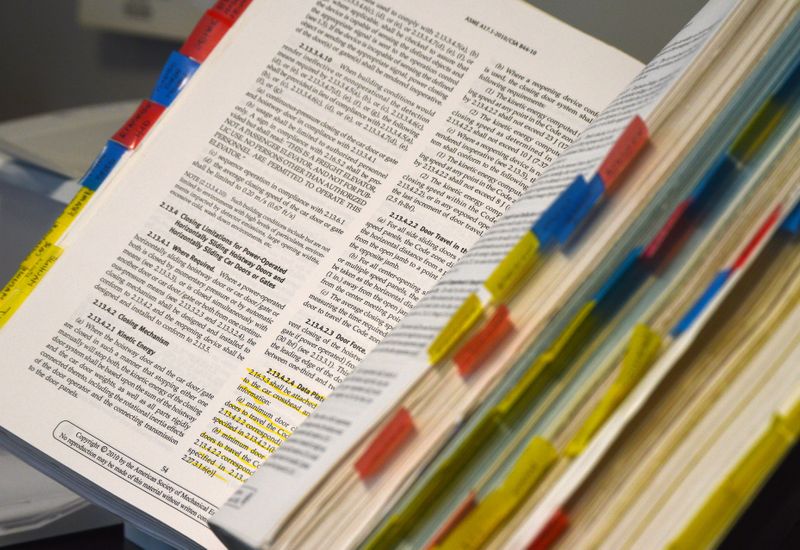It can be hard to know whether a source is reliable. Here's how to check that your sources are reliable.
When finding sources for an essay, it’s important to ensure that you’re choosing appropriate material both in terms of content and reliability. Here are four tips to ensure that the sources you choose are credible:
Author credentials
Our first tip is to check the credentials of the author to make sure that they are knowledgeable on the subject they’re writing about. If you’re reading an article about the anatomy of the brain, you want to ensure it has been written by a doctor who has studied this.
You can check this by looking at their credentials; if they are linked to a university, they are more likely to be a reliable source. You also need to consider the background of the source and any affiliations or vested interests they may have.
Implicit or explicit biases
Carrying on from the first tip, it’s important to consider any possible biases that the author or institution who commissioned the research may hold. For example, if a toothpaste brand commissions research into whether using toothpaste is effective, there is probably a bias there as they will want the research to show that their product is effective.
Considering whether any biases are guiding you towards a specific viewpoint helps to ensure that you’re using appropriate sources that tell the whole story.
Age of source
It’s really important to check the date the research was published, to ensure up to date. This is especially important in fields like technology or healthcare, where things can change dramatically over five to ten years. It’s still okay to use older sources; you will just need to use them more critically and explain any limitations their age provides.
Type of source
There are different types of sources you may come across, and collaborative sources are typically not as reliable as closed ones. Examples of collaborative or open sources include Wikipedia, personal blogs, online forums, and chat rooms. These are typically not good sources as they can usually be written or edited by anyone and the information can often be incorrect.
Online sources that have domains ending in .edu, .gov or .org are more likely to be credible as these are closed sources that are written and edited by professionals.
Do you have any tricks or tips for checking your sources? Join our panel and let us know. You’ll get 1000 reward points for signing up.













